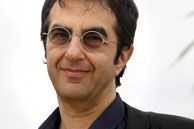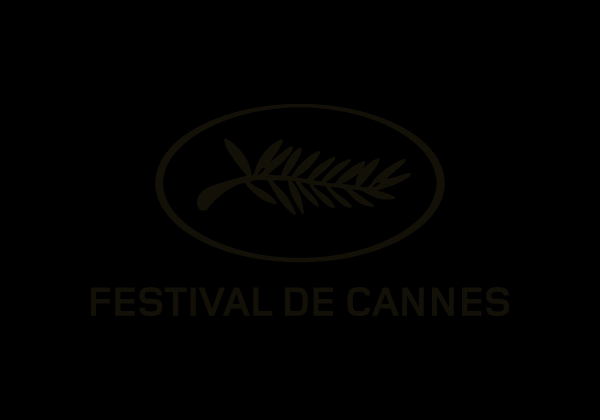
Interview with Atom Egoyan

In 1989, Cannes Film Festival discovers Atom Egoyan for the first time. The Canadian cineaste came to present Speaking parts, his third feature. Like Exotica, The Sweet Hereafter (1997) and Adoration (2008), Atom Egoyan’s films are regularly selected in the Official Selection. Member of the Francis Ford Coppola feature film Jury in 1996, he is the president of the Cinéfondation and short films Jury.
In 1996, you were a member of the feature film Jury. What did that experience mean to you ?
It represents the dream of every cinephile to be in the world of film. I’ve seen excellent films and it was an amazing competition. We had Breaking the Waves, Secrets and Lies, Fargo, Arnaud Desplechin’s first film, Kaurismaki’s film, incredible work. So we were quite overwhelmed by the quality of it and also the president of the Jury was Francis Ford Coppola, so there I found that intense and complete immersion in world of film. It was remarkable. It changed my career in a way because it made me focus back to making my own work as opposed to doing Hollywood films.
In your opinion, what are the criteria for a new producer to make a good first film?
I think it is about finding a language that is able to harness their passion, in a way which is both elegant and profound. It’s not easy ! I think a first film is made with such a desire to tell a story, and the question is whether or not you have found at this early point a path that you can use to communicate with others.
And what impact can have a first film on a producer’s career?
It’s immeasurable. I mean I think that it’s a way to differentiating yourself to the world. It’s both an expression of your facility with the language but also a template for the work you want to do. It’s a little dangerous as well because there are filmmakers who evolve more gradually. I mean if I look at my own career, my first feature was really rough. It’s with my second and third features that I began to establish my voice. It’s not necessary to hit it off the first time, but when it does happen, it’s quite astonishing.
So, do you think making short films is a good way to become a feature film maker?
They are two different languages. There is the short film used as a calling card for a feature and the short filmmaker who is really happy in this form, and who doesn’t necessarily have the desire to make feature films. So, there are people who make entire careers with short films, just as there are writers who make their careers with short stories. So I don’t think that the short film is necessarily a ticket to a longer work.
According to you, how much do short films matter in a producer’s career?
I would say that the question is whether or not the stories you need to tell are best in a short format or in a longer format. Those early films that I did were structured as short films. They are important for me because that’s how I learnt my craft. I didn’t go to film school so these films were an apprenticeship for me. And when I’ve gone back in my career to make short films, they were for specific commissions. I had to harness my sensibility, but to be honest, as an artist, I find my form is a longer film format. It’s very challenging to tell a short film properly. When I was in the Jury last time, we were also judging the short films and I was astonished to see how beautiful this work was. It’s something very rare.
Can you tell me some words about your first time in Cannes?
It’s hard to express. I couldn’t sleep at all. I never felt tired. It was so energizing. It was unbelievable to have this contact with other filmmakers, and journalists, a world of people who are as passionate about cinema as I was. I remember the first time I walked to the Grande Salle Lumière and I was almost in tears because this place was like a shrine.
Where are borders of cinema?
The limit is our imagination. I mean cinema is an art form that has such a close link to the subconscious and the way we dream and fantasize. The only limit, really, is our inability to dream. That’s not conceivable.
Any closing word?
I think the Cannes Film Festival is really the affirmation that this art form will survive. Every time I come here I’m re-energized by this extraordinary sense of hope that cinema can possess. There is an enduring statement that the Cannes Festival has the ability to ensure the health of cinema.
